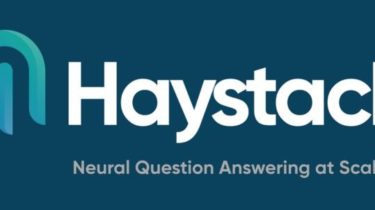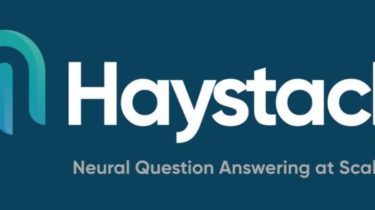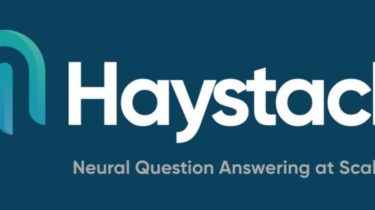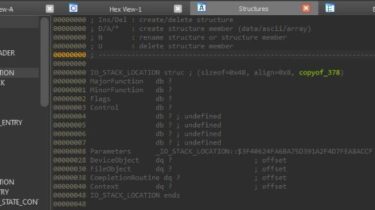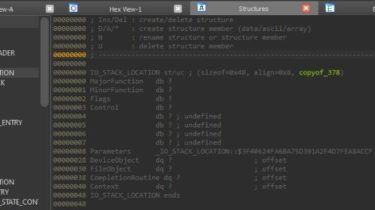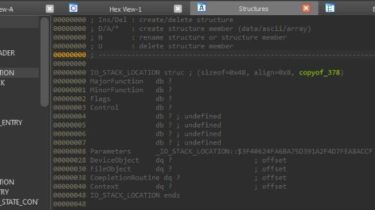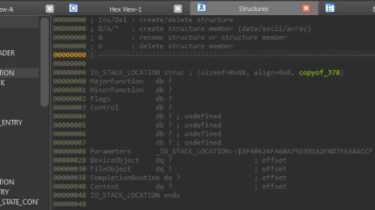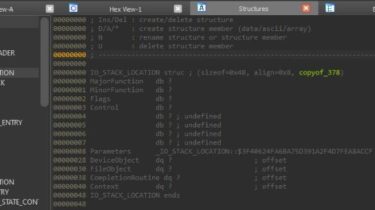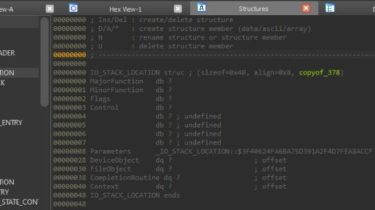Feature Stylization and Domain-aware Contrastive Loss for Domain Generalization
This is an official implementation of “Feature Stylization and Domain-aware Contrastive Loss for Domain Generalization” (ACMMM 2021 Oral) Feature Stylization and Domain-aware Contrastive Loss for Domain Generalization Seogkyu Jeon, Kibeom Hong, Pilhyeon Lee, Jewook Lee, Hyeran Byun (Yonsei Univ.) Paper : https://arxiv.org/abs/2108.08596 Abstract: Domain generalization aims to enhance the model robustness against domain shift without accessing the target domain. Since the available source domains for training are limited, recent approaches focus on generating samples of novel domains. Nevertheless, they either […]
Read more